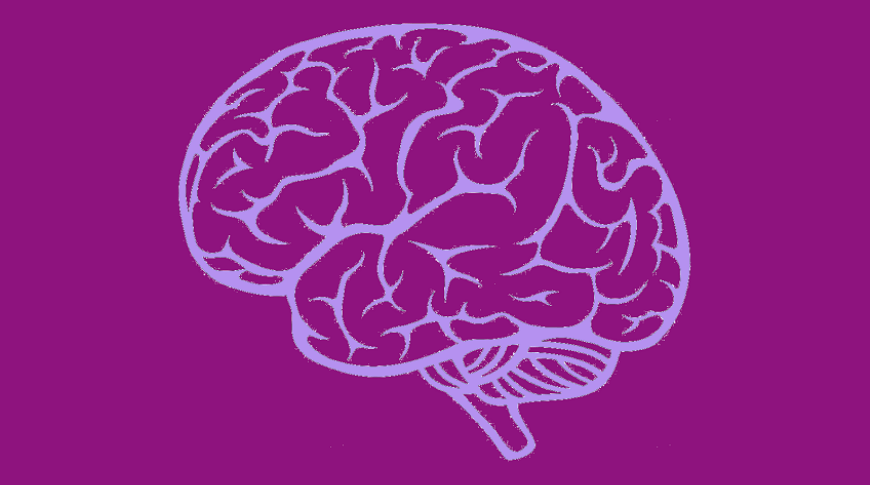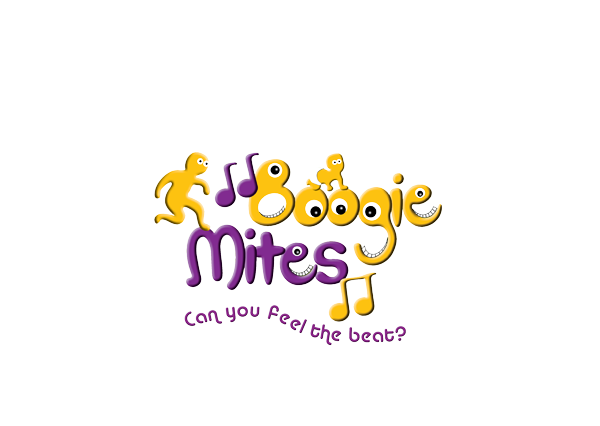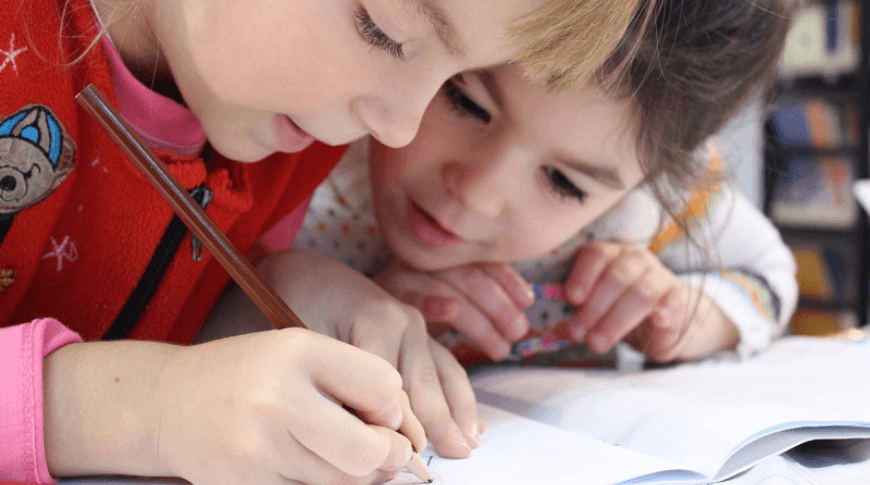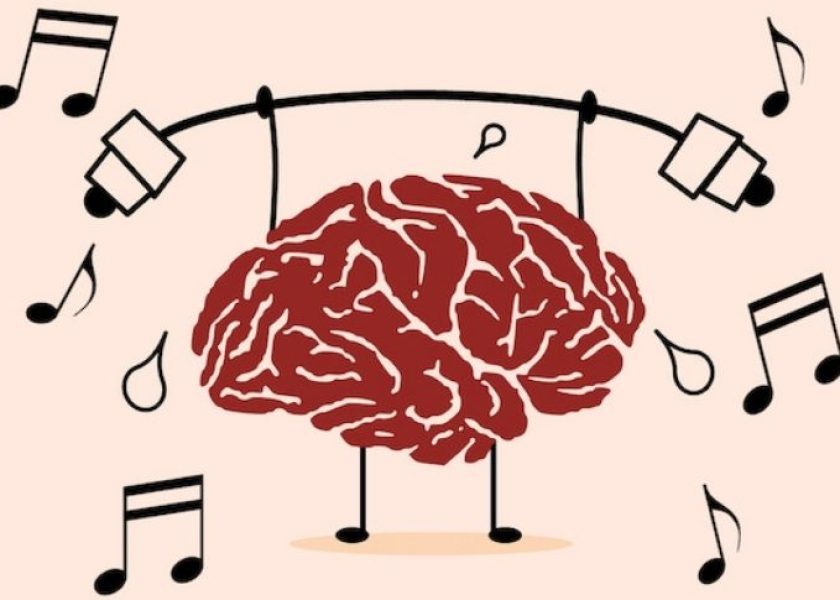
What has science got to do with pre-schoolers moving and singing to their favourite song? Well a lot more than you may think – neuroscience (the study of the brain and nervous system) is helping us understand the impact of music in early years development. In recent years, there is a growing wealth of evidence published by neuroscientists that proves that music making in the early years hones, grows and improves neural networks like no other activity. These studies show that early years music making activities draw on various areas of the brain simultaneously, facilitating many different aspects of development and providing one of the most effective influences on brain development at this stage.
Here at Boogie Mites we strongly believe it is time for neuroscience to be accepted as a way of informing early years practice. We are on a mission to inform and educate the early years sector about the neuroscientific evidence that shows the impact of music on outcomes across the EYFS. We are always looking for opportunities to spread the word about the power of music and the growing role that neuroscience has in providing concrete evidence on the benefits of musical activity, but in the last month or two we have been particularly busy.
Here’s what we’ve been up to:
Interview with Anita Collins
Boogie Mites Director, Sue Newman interviewed one of the leading lights on the topic, Anita Collins who is a world renowned music education and neuroscience researcher at the University of Canberra. Anita uses her knowledge of neuroscience studies in this area to explain how regular early years music practise that develops rhythmic awareness, the ability to keep a steady beat and to hear pitch, wires brains efficiently from the start, creating ‘wide highways’ for processing information. She explains how music and language are processed through the same neural pathways and how the evidence from neuroscience should inform practise to support children from disadvantaged backgrounds to ‘catch up’ with their auditory processing development through music between 3 and 5 years, developing the brain to be ‘wired’ efficiently from the start, closing the attainment gap.
Sue and Anita discuss the crucial role music plays in laying the foundations for literacy and numeracy and why music should be at the heart of early years education. You can listen to Sue and Anita’s conversation here.
To keep up to date with Anita Collins work follow her Facebook page Bigger Better Brains.
Anita describes the effect of music as ‘like fireworks going off in the brain’ and her TEDx talk ‘What if every child had access to music education from birth’ is an engaging introduction on the power of music in early brain development.
Publications
Sue has also been busy writing articles that have appeared in publications this month.
One entitled ‘Neuroscience reveals the power of music to benefit children’s outcomes across the EYFS’ appears in the latest issue of Teach Early Years which is also a music special.
More about neuroscience and music
Do check out the interviews and articles mentioned above and if you want to know more about the link between music and neuroscience there are a couple of ways you can stay up to date with the latest news and research and find out more about boosting your active music making provision
- We have now launched our new improved website and we have a section on neuroscience – here you can read more about the topic, including the latest research from Anita Collins at the University of Canberra as well as another luminary in the field Dr Nina Kraus of Brainvolts at Northwestern University
- Follow us on social media where we share articles and news about the latest research Twitter and Facebook
- Download our free Practitioners Guide to Active Music Making Part 1 to discover the research that supports the benefits of music for all 7 Areas of development in the EYFS and get practical tips in the follow up Part 2 of the Practitioners Guide.
For enquiries, contact Sue Newman, Boogie Mites Director, on 023 9281 7274, or [email protected]






